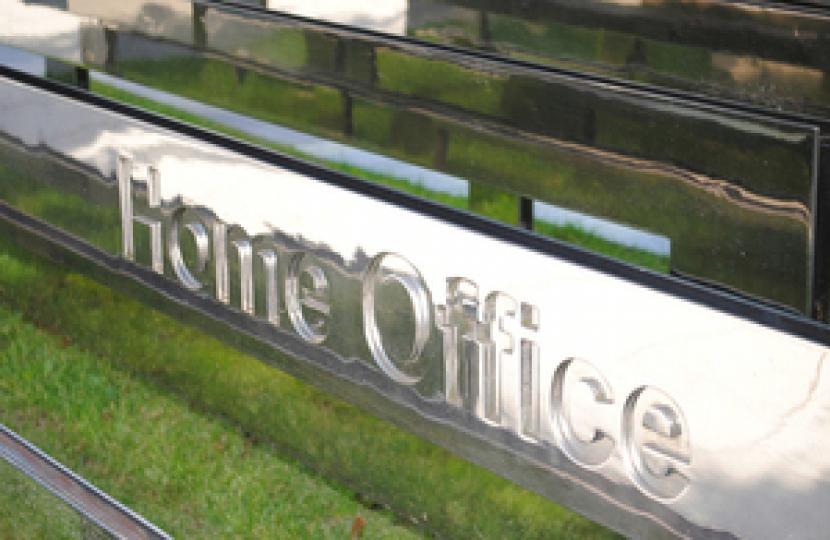
Laws include legal duty on the Home Secretary to remove anyone who enters the UK illegally.
Earlier this year the Prime Minister made stopping the boats one of his 5 promises to the British people. The Illegal Migration Bill will fulfil that promise by ending illegal entry as a route to asylum in the UK. This will remove the incentive for people to risk their lives through these dangerous and unnecessary journeys.
People who arrive in the UK illegally will instead be detained and swiftly removed to their home country if safe, or another safe third country, such as Rwanda, where they will be supported to rebuild their lives.
Anyone illegally entering the UK will be prevented from accessing the UK’s world-leading modern slavery support or abusing these laws to block their removal. Any other challenges or human rights claims can also only be heard after removal, remotely.
By ending illegal immigration as a route to asylum, stopping the boats and taking back control of our borders the Bill will ensure the UK can better support people coming through fair, safe and legal routes.
The UK will always be a compassionate country, as demonstrated by the nation opening its hearts and homes to those from fleeing from Afghanistan and Ukraine, and under this Bill, Parliament will set an annual cap on the number of refugees settled via safe and legal routes, taking into account local authority capacity for housing, public services and the support communities rightly expect.
Home Secretary Suella Braverman said:
The British people rightly expect us to solve this crisis and that’s what myself and the Prime Minister fully intend to do. We must stop the boats.
It is completely unfair that people who travel through a string of safe countries then come to the UK illegally and abuse our asylum laws to avoid removal.
It has to stop. By bringing in new laws, I am making it absolutely clear that the only route to the UK is a safe and legal route. If you come here illegally, you won’t be able to claim asylum or build a life here.
In exceptional circumstances if there is a risk that someone would suffer a real risk of serious and irreversible harm when they are relocated to that specific safe third country, they would not be removed until it was safe to do so. Even in these cases you will have a maximum 45 days to remain in the UK before your appeal is exhausted.
The annual number settled via safe and legal routes will be kept under review, and if there is a humanitarian crisis within the world that requires a response, then the UK will step up and offer sanctuary to those in need, as we have done for tens of thousands of Ukrainians and Afghans.
The Bill forms part of the action the government is taking to stop small boat crossings and illegal migration as a whole.
Summary of Bill measures:
- Duty to make arrangements for removal - the Home Secretary will have a legal duty to remove people who have entered the UK illegally.
- Detention and bail - strengthening detention powers so people can only apply for bail from the Courts (First-tier Tribunal) after 28 days (although habeus corpus will remain).
- Unaccompanied children - minors who come to the UK illegally will not be removed to a safe third country until adulthood, except in limited circumstances.
- Entry, citizenship and settlement - people who come to the UK illegally will be prevented from settling in the country and will face a permanent ban from returning.
- Asylum - people who come here illegally will have their asylum claims deemed inadmissible and considered in a safe third country.
- Modern slavery - modern slavery referrals for those who come to the UK illegally will be disqualified under public order grounds under the terms of the international anti-trafficking treaty, ECAT.
- Legal proceedings - limiting the circumstances in which legal challenges will prevent someone from being removed from the UK. Most legal challenges will be considered when someone has been successfully removed from the UK.
- Expanding the list of countries that are considered safe in law - this will make it unquestionably clear when someone doesn’t need our protection because they are obviously not at risk of persecution in their home country.
- Annual number of people using safe and legal routes - committing to resettling a specific number of refugees in the UK every year.

